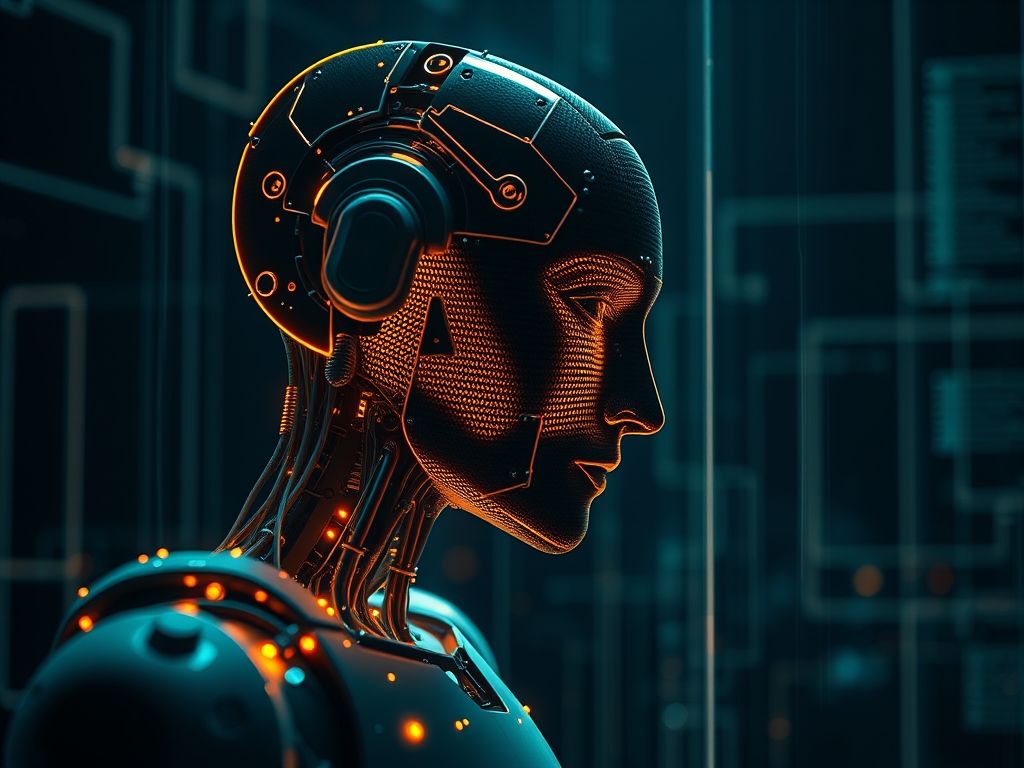Understanding AI and Society
Artificial Intelligence (AI) and society encompass the intricate relationship between advanced computational technologies and human communities. AI refers to systems that can perform tasks typically requiring human intelligence, such as visual perception, speech recognition, decision-making, and language translation. When discussing AI and society, we delve into how these technologies affect our daily lives, influence economic structures, and challenge ethical boundaries.
The Importance of AI in Modern Society
AI has revolutionized numerous sectors, including healthcare, finance, transportation, and education. As the capabilities of AI systems expand, their integration into societal frameworks becomes increasingly significant. Understanding this relationship helps illuminate both the advantages and challenges posed by AI technologies.
Transformative Impacts on Industries
- Healthcare: AI algorithms analyze vast amounts of medical data to assist in diagnostics, enhancing patient outcomes.
- Finance: AI-driven tools provide predictive analytics for trading and risk assessment, streamlining operations.
- Transportation: Autonomous vehicles utilize AI for navigation and safety, promising to reshape urban mobility.
- Education: Personalized learning experiences are facilitated through AI, adapting to individual student needs.
Ethical Considerations in AI and Society
As AI technologies proliferate, ethical dilemmas arise, demanding careful consideration. Issues such as bias in machine learning algorithms, privacy concerns, and the potential for job displacement require stakeholders to engage in meaningful dialogue.
Addressing Bias in AI
AI systems learn from historical data, which can carry inherent biases. For instance, if a hiring algorithm is trained on data reflecting past hiring practices that favored one demographic, it may inadvertently perpetuate these biases. To address this, organizations must:
- Implement diverse data sets
- Regularly audit AI systems for fairness
- Engage with diverse communities to inform AI development
Privacy and Surveillance
AI technologies often rely on large datasets, raising concerns about data privacy. For example, facial recognition systems can lead to unauthorized surveillance. To mitigate these risks, regulations surrounding data collection and usage must evolve alongside technological advancements.
The Role of AI in Shaping Future Societies
As AI continues to evolve, so too will its role in shaping societal norms and values. The integration of AI into everyday life raises questions about the future of work, interpersonal relationships, and even governance.
Future Work Environments
AI is set to transform job landscapes, automating routine tasks while creating new opportunities in tech-driven fields. For example, while AI may replace some manual jobs, it will also generate demand for AI specialists, data analysts, and cybersecurity experts. Adaptation through education and training will be crucial.
Practical Applications of AI in Daily Life
Understanding how to leverage AI in daily life can enhance productivity and efficiency. Here are several practical applications:
- Smart Assistants: Use AI-powered devices like Amazon Alexa or Google Assistant to manage tasks and schedules.
- Recommendation Systems: Leverage AI algorithms on platforms like Netflix or Spotify for personalized content suggestions.
- Home Automation: Implement AI-driven smart home technology to optimize energy use and enhance security.
Related Concepts in AI and Society
To fully grasp the implications of AI and society, it is essential to consider related concepts, such as:
- Machine Learning: A subset of AI that focuses on the development of algorithms that allow computers to learn from and make predictions based on data.
- Data Science: The field that utilizes scientific methods and algorithms to extract insights from structured and unstructured data.
- Ethical AI: The movement advocating for responsible AI development, emphasizing fairness, accountability, and transparency.
Conclusion: Embracing AI Responsibly
AI and society is a dynamic and multifaceted topic that demands attention from all stakeholders. As AI technologies continue to evolve, understanding their implications, applications, and ethical considerations becomes vital. By engaging in responsible AI development and implementation, we can harness the potential of these technologies for the benefit of all.
Reflect on how AI influences your life and consider ways to engage with AI technologies responsibly. What steps can you take to ensure ethical use and development of AI in your community?









